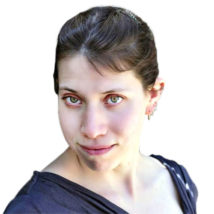
Bethany Brookshire was a longtime staff writer at Science News Explores and is the author of the book Pests: How Humans Create Animal Villains. She has a B.S. in biology and a B.A. in philosophy from The College of William and Mary, and a Ph.D. in physiology and pharmacology from Wake Forest University School of Medicine. She was a 2019-2020 Knight Science Journalism Fellow at MIT, the winner of the Society for Neuroscience Next Generation Award and the Three Quarks Daily Science Writing Award, among others.

All Stories by Bethany Brookshire
-
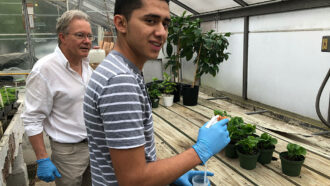 Science & Society
Science & SocietyWhen COVID-19 comes for your science fair
When labs shut down due to COVID-19, teens took their science fair projects to the internet and … sometimes even to the bathroom.
-
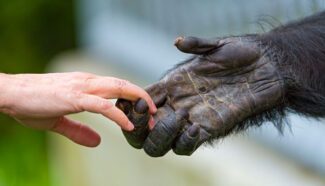 Life
LifeScientists Say: Hominid
Scientists are still working out what counts as a hominid. Some say it’s just people and our extinct ancestors. Others say add more apes.
-
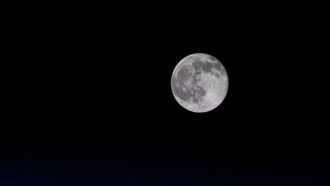 Space
SpaceLet’s learn about the moon
The moon is Earth’s nearest neighbor, and its gravity helps stabilize the planet’s climate and creates the tides.
-
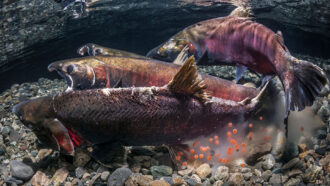 Life
LifeScientists Say: Egg and sperm
An egg or a sperm cell contains half of the normal genes an organism needs. They fuse together to form a new individual.
-
 Climate
ClimateScientists Say: Weather
The state of the atmosphere in a specific place and time is weather. Over a long time, the weather conditions in an area will reveal its climate.
-
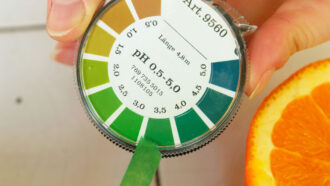 Chemistry
ChemistryLet’s learn about acids and bases
Acids give away particles with positive charge. Bases accept positively charged particles. They are both critical for chemical reactions.
-
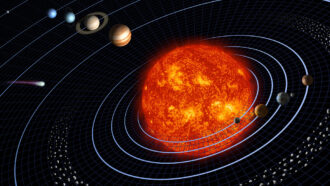 Space
SpaceScientists Say: Planet
Planets have to orbit a star, be big enough to form a sphere and keep other objects out of their path around their star.
-
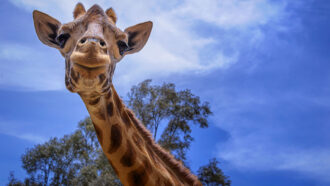 Math
MathScientists Say: Outlier
Data points often fall within a normal range. When one data point sticks out a lot, it might be an outlier.
-
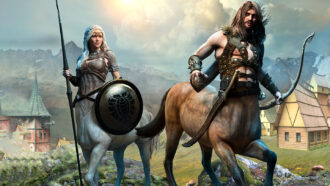 Animals
AnimalsHow do you build a centaur?
A centaur has the torso of a human and the body of a horse. It may sound cool, but it wouldn’t work very well.
-
 Earth
EarthLet’s learn about snow
Snow is more than just frozen water vapor. Scientists are studying everything from its shape to other planets where snowflakes fall.
-
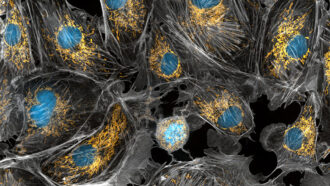 Animals
AnimalsScientists Say: Organelle
An organelle is a part of a cell with a particular function. Like organs. But for cells.
-
 Physics
PhysicsScientists Say: Piezoelectric
Piezoelectric materials produce an electric voltage when they are bent or squished. This can let us harvest electricity from movement.